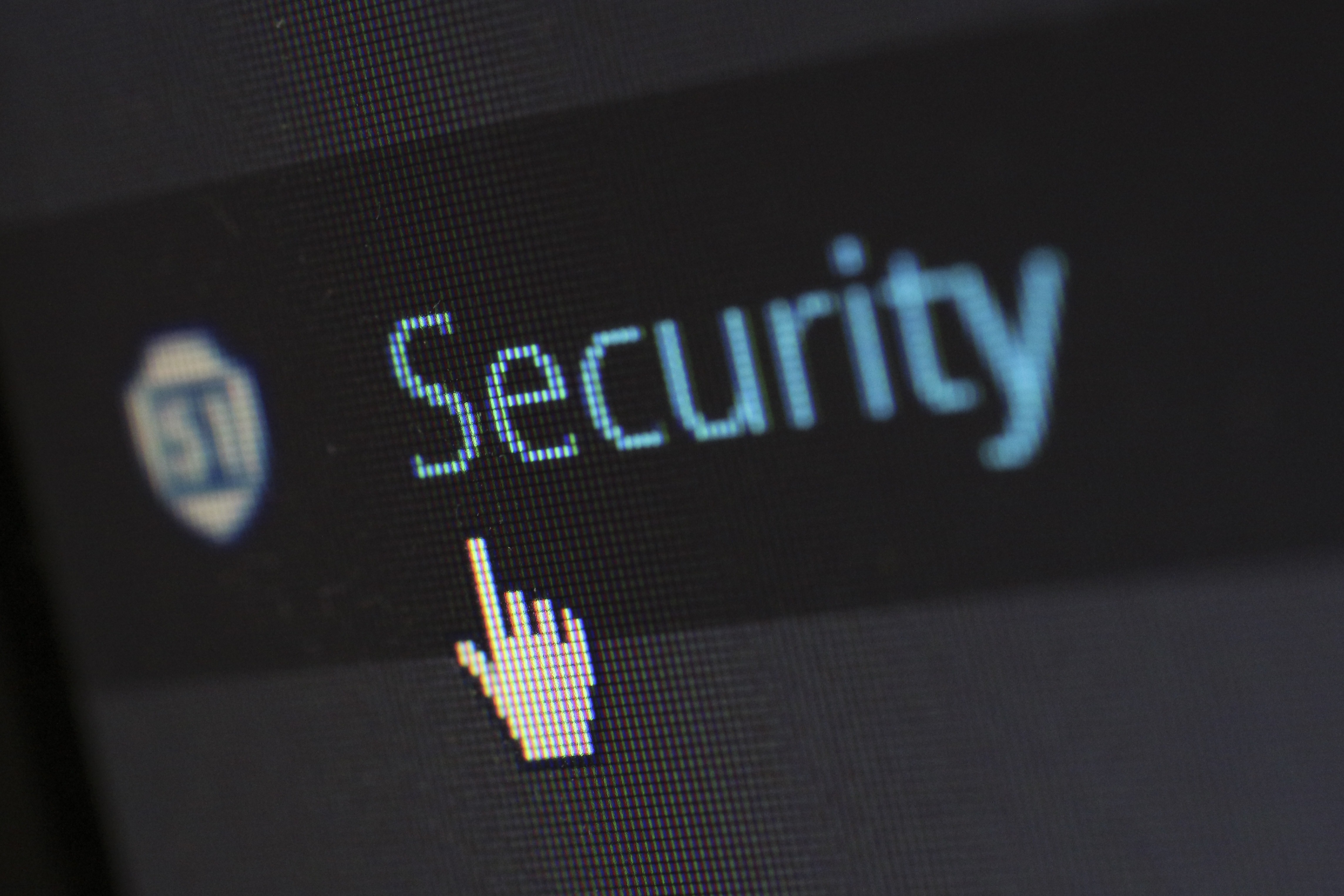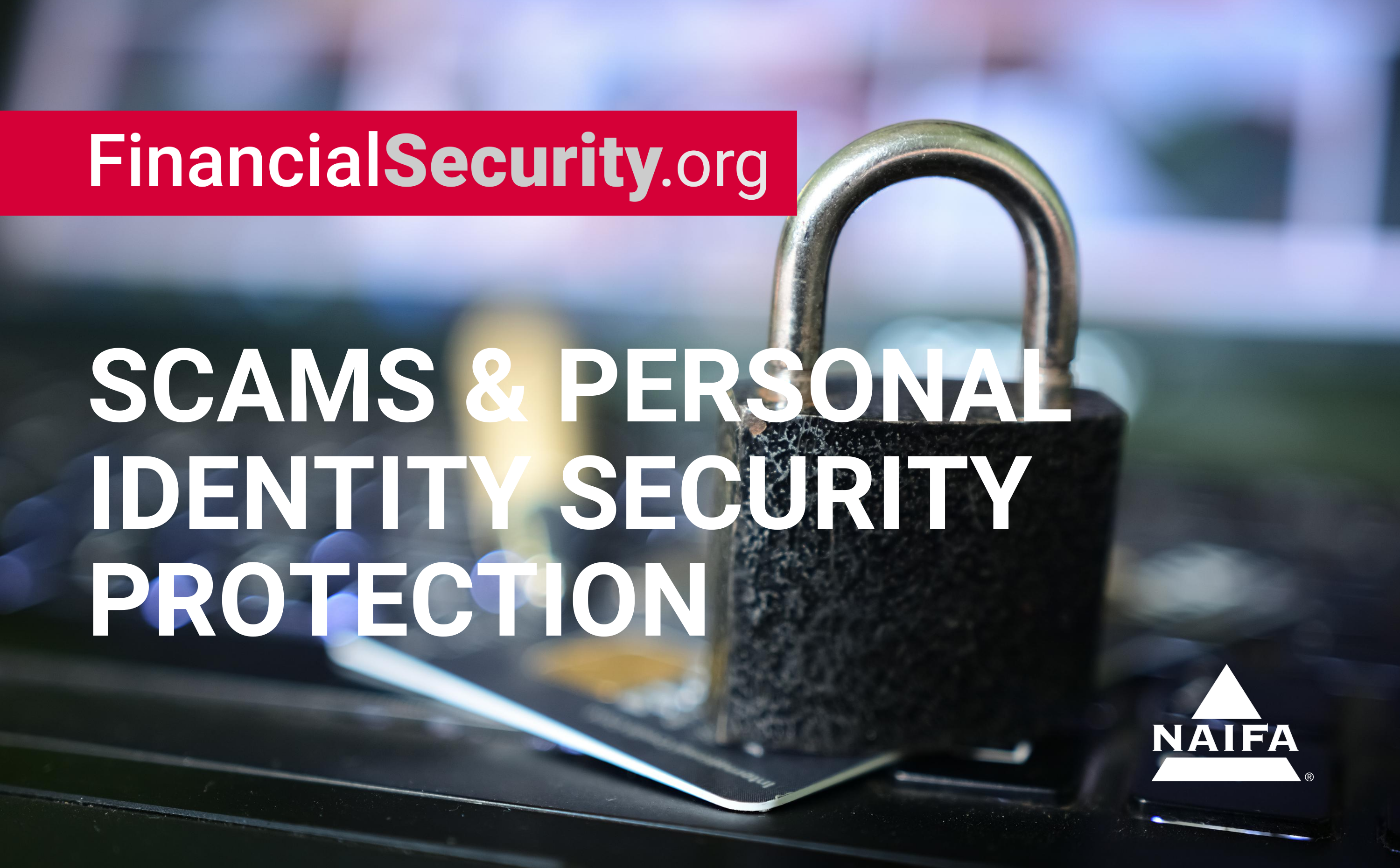When catastrophe strikes, it’s common nature to feel the urge to band together and unite towards a common goal. Leaders from small town neighborhoods all the way up to the President have done just that in light of the chaos and confusion created by the novel coronavirus—COVID 19.
Unfortunately, there is a subset of the population who prey on weakness, and for such fraudsters, scammers, and hackers, this is ripe time for the picking.
Cyberattacks are not much different from the creepy guy in the white van asking kids if they want some candy. The entry point to every hack often targets the public’s fears and wants, and a moment’s false hope can open the door to danger.
Here are some potential scams to be aware of during these troubling times:
- Robocalls- With 50% of all phone calls being spam, most Americans ignore the 167.3 million robocalls each day[1]. But now that municipalities and organizations are sharing critical information via the phone, we tend to pay closer attention (i.e. parks closing, curfews, COVID 19 testing areas, etc.).
- Tip- don’t press any button. Pressing a number might opt you into even more fake call lists. Consult your local or government offices for credible information.
- Special Offers- Beware of advertisements selling home test kits, cures, and supplies.
- Tip- Currently there are no home test kits or cures, so don’t click a popup that could lead to malware.
- Free Money Straight to Your Home! - Who thought we’d see the day when this actually wasn’t a scam?
- Tip- Pay close attention to the passage of a $2 trillion aid package and listen to government resources as the delivery method of checks up to $1,200 per individual and $500 per child is clarified[2].
- Phishing- Everyone is quick to delete the deluge of spam that makes its way past the Junk mailbox. But with an ongoing story gripping the world, emails from bad actors claiming to be the Centers for Disease Control or World Health Organization offer an easy trap.
- Tip- Go directly to www.CDC.gov or who.int for their latest information.
- Social Media- Fake charities posting on social media requesting money to help Coronavirus victims.
- Tip- Always verify anywhere you might be sending a donation.
- Price Gouging- As fearmongers continue to load their basement with everyday goods in preparation of Armageddon, supplies of items ranging from toilet paper to poultry to face masks run low.
- Tip- continue to purchase from reputable retailers and avoid online or black markets that appeared overnight.
- Working Remotely- As various states implement lockdowns and the federal government encourages quarantining for the foreseeable future, millions of Americans are forced to work from home.
- Tip- make sure the firewalls and systems previously in place at your office location now extend to your laptop and home office.
Criminals are opportunists, and major news events offer prime ammo for those with malicious intentions. It’s a sad reality, but times like these are when people are the most vulnerable. Always remember to exercise caution, use common sense, and think rationally even during irrational times.
Please subscribe to “The Kuderna Podcast” on any podcast apps and YouTube, or pick up a copy of “Millennial Millionaire- A Guide to Become a Millionaire by 30” for more insights.
Bio:
Bryan M. Kuderna, CFP, RICP, LUTCF, is the host of The Kuderna Podcast, author of Millennial Millionaire, and founder of Kuderna Financial Team, a NJ-based financial services firm.
[1] https://nymag.com/intelligencer/2019/02/the-beginning-of-the-end-of-robocalls.html
[2] https://www.cnbc.com/2020/03/25/congress-to-send-taxpayers-1200-checks-in-the-wake-of-coronavirus.html









